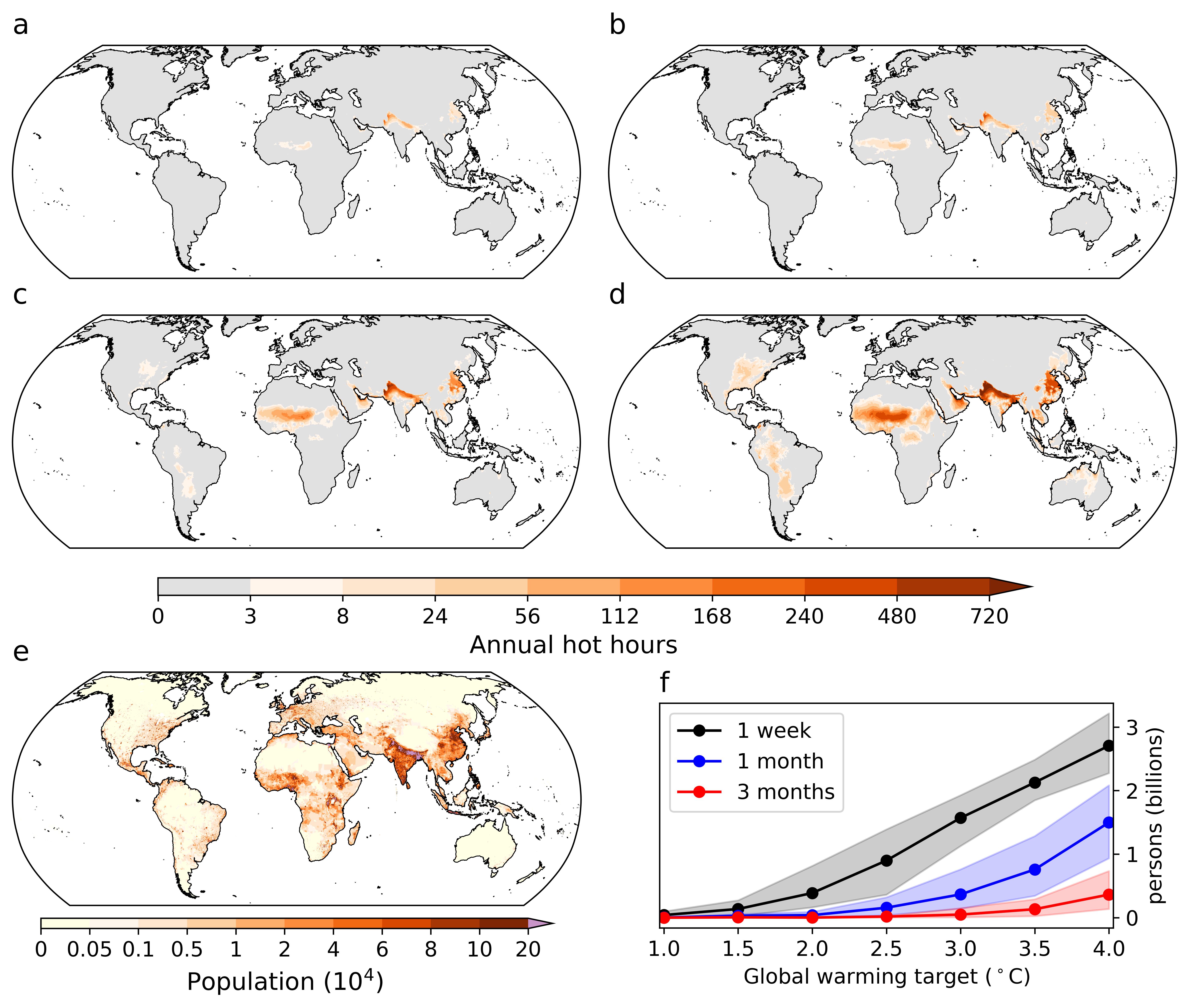Long time community cluster partner wins prestigious Purdue research award
Matthew Huber, the David E. Ross Director of the Purdue Institute for a Sustainable Future and a professor of earth, atmospheric and planetary sciences, was recently awarded the Herbert Newby McCoy Award for outstanding work in the natural sciences. Huber, who was a founding partner in the Rosen Center for Advanced Computing (RCAC)’s community cluster program when it launched in 2004, has owned nodes on every traditional RCAC cluster and has relied heavily on the computing power RCAC supplies over the course of his illustrious career.
Huber’s research focuses on global modeling of past, present and future climate conditions and climate’s impact on human settlements, managed landscapes and natural land, ocean and cryosphere ecosystems. His work is helping to explain the physical processes that generate tropical “thermostats” as well as the amplification of warming at the north and south poles, and the environmental, economic, ecological and evolutionary implications of these processes. He is specifically examining the human health and economic impacts under different future greenhouse gas emission scenarios.
In a paper recently published in the Proceedings of the National Academy of Sciences, Huber and his collaborators used many years of past climate data to calculate future heat stress and its impact on the world. While the calculations used were not particularly novel and the climate data is publicly available, no one had been able to do anything like this previously because of the computing resources needed to download and process this massive dataset, which is estimated to be at least 300 terabytes.
While many people just think about temperature when they hear about a heat wave, there are many other important variables including humidity, solar radiation, long wave radiation and wind speed, and analyzing each of them adds significantly to the volume of data. Because of the computing power and storage resources available through RCAC, Huber’s team was able to study all of the variables and arrive at a more complete picture of what future heat stress events will look like.
“Due to the computational resources we have at RCAC, we’re able to crunch the numbers at a scale that nobody else is,” says Huber. “More accurate numbers lead to more accurate predictions for the future, which in turn lead to more accurate protections for the financial and social implications of climate change.”

Huber and his collaborators have submitted the dataset they created to the journal Scientific Data. Because they saw that nobody else had the computing capabilities to do this, they wanted to make their final dataset available to other researchers.
Another long term project of Huber’s that uses RCAC’s clusters involves paleoclimate research, studying how past warm climates can inform us about future warming.
Each simulation takes many years to run and analyze, exceeding the duration of a typical grant. Huber says that having RCAC resources available has been critical for continuing these extended research projects and eventually turning them into publications and dissertations.
“We have great capabilities available through RCAC,” says Huber. “In addition to the computing power, the fact that we can buy good storage on a fast network for a yearly fee is very useful. It’s been very useful to me to have the tiered storage model with scratch file systems for work-area storage, Data Depot that you pay for annually as long as you need it, and then Fortress for storing longer term datasets.”
To learn more about the community cluster program, data storage and other RCAC computational resources, contact rcac-help@purdue.edu.
